Disruptive technologies: How far should they go?
Too little and you fall behind, too much and you could ruin the company. So, how far is too far?


"If you have a committee, you are far less likely to get agreement that you should do something really different," he said. "You need someone to bullishly push things through. They may get it wrong but that's why everyone else worries about it."
Those are the issues that large organisations have, he added. "There are committees and boards with people don't want things to change in a very fundamental way."
He said that smaller companies have an easier time when pushing through disruptive ideas as they don't have such constraints. He believes they can do one thing today and do another tomorrow and they think it's fine to do so as there are only a few people affected by that decision.
An absurd idea may seem at first ruinous, but it could be the one that propels an organisation far further than dreamt possible.
Dr Carsten Srensen, reader in Digital Innovation at the London School of Economics, added that we are still at the very beginning of the digital revolution.
Like at the beginning of the industrial revolution, he added we are all still "just tinkering around with steam engines, we have no idea what is going to come and we are just going to have to get ready for it."
While technology is changing rapidly (and indeed keeps changing over the decades), the politics stays the same and the way people interact with each other, despite technological changes, has remained relatively constant.
"There are some things that are stable, it is good we have this politics to keep us grounded," Srensen added.
Sign up today and you will receive a free copy of our Future Focus 2025 report - the leading guidance on AI, cybersecurity and other IT challenges as per 700+ senior executives
But Greenfield said that while you can argue that people are still the same, technology is changing the way we interact with each other.
"For the first ever we don't have face-to-face communication and this changes how much we relate to other people and the empathy you have with them and how you see yourself and hence your identity," she said.
Rene Millman is a freelance writer and broadcaster who covers cybersecurity, AI, IoT, and the cloud. He also works as a contributing analyst at GigaOm and has previously worked as an analyst for Gartner covering the infrastructure market. He has made numerous television appearances to give his views and expertise on technology trends and companies that affect and shape our lives. You can follow Rene Millman on Twitter.
-
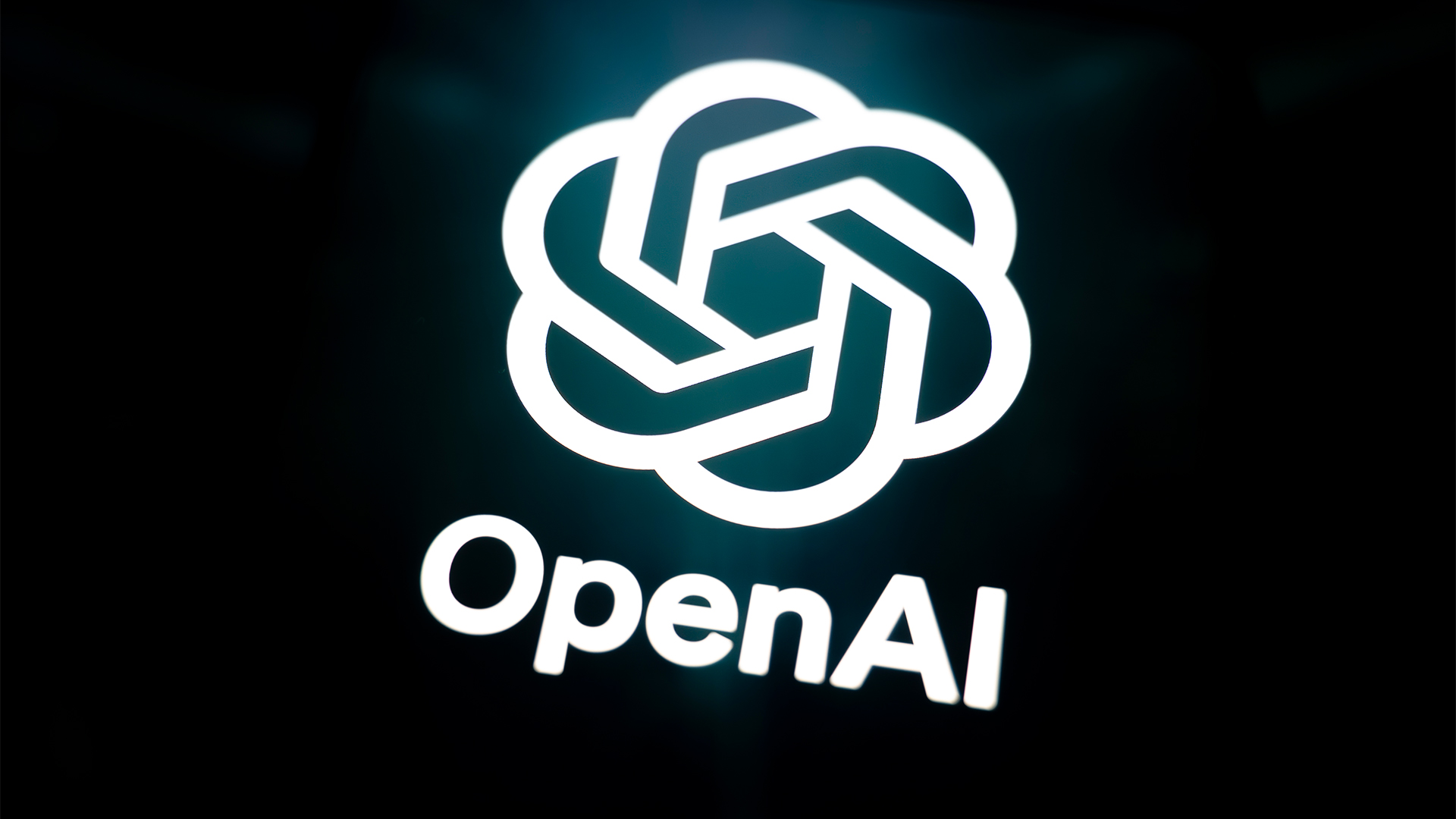 OpenAI's 'Skills in Codex' service aims to supercharge agent efficiency for developers
OpenAI's 'Skills in Codex' service aims to supercharge agent efficiency for developersNews The Skills in Codex service will provide users with a package of handy instructions and scripts to tweak and fine-tune agents for specific tasks.
-
 Cloud infrastructure spending hit $102.6 billion in Q3 2025
Cloud infrastructure spending hit $102.6 billion in Q3 2025News Hyperscalers are increasingly offering platform-level capabilities that support multi-model deployment and the reliable operation of AI agents
-
 Predicts 2024: Sustainability reshapes IT sourcing and procurement
Predicts 2024: Sustainability reshapes IT sourcing and procurementwhitepaper Take the following actions to realize environmental sustainability
-
 Advance sustainability and energy efficiency in the era of GenAI
Advance sustainability and energy efficiency in the era of GenAIwhitepaper Take a future-ready approach with Dell Technologies and Intel
-
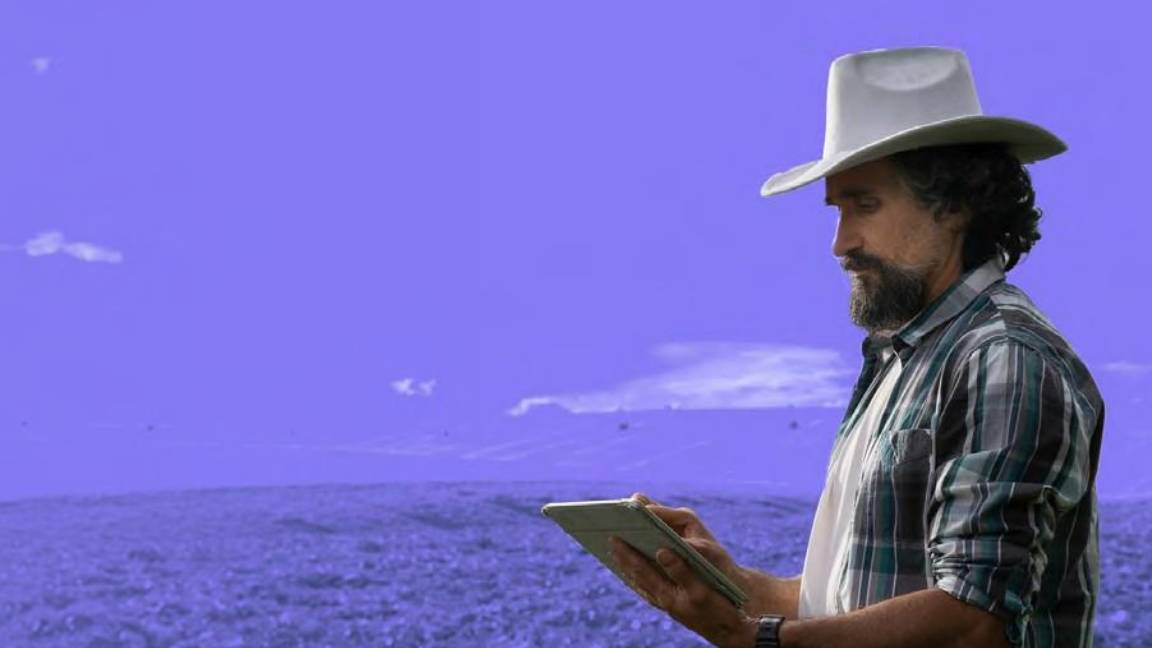 2024 State of procurement report
2024 State of procurement reportWhitepaper The trends shaping the future of business buying
-
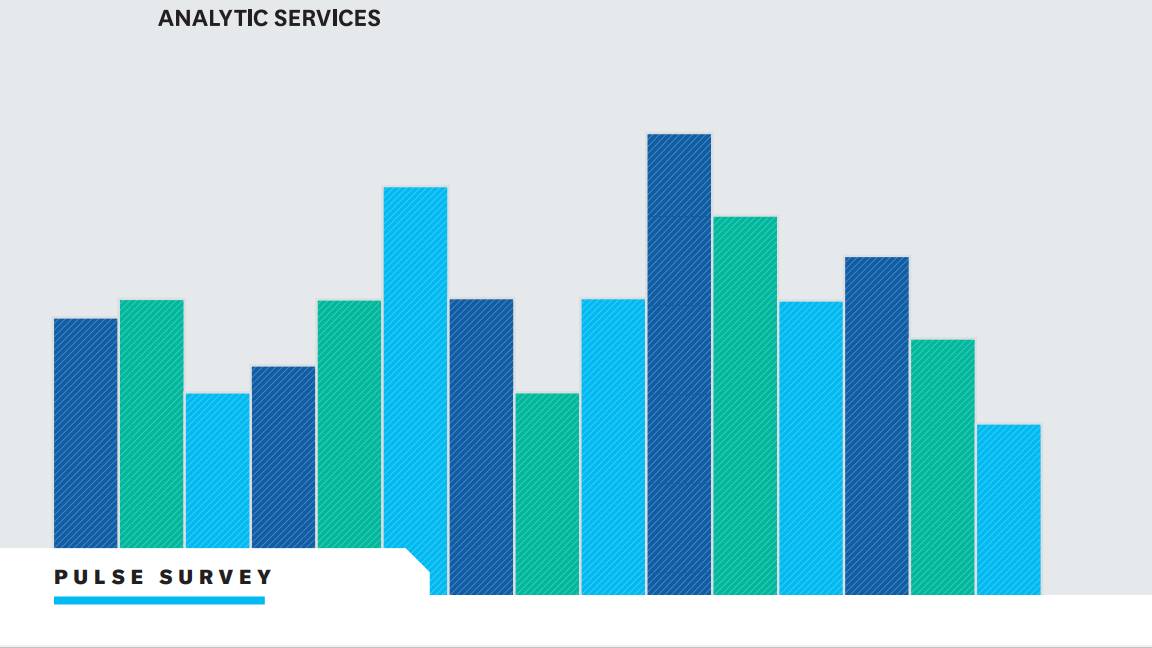 Digital optimisation paves the way to strategic supplier management
Digital optimisation paves the way to strategic supplier managementWhitepaper Procurement’s role as a strategic driver
-
 Bringing order to the file management chaos plaguing AEC firms
Bringing order to the file management chaos plaguing AEC firmswhitepaper How a cloud-based solution, supported by edge technology, helps architecture, engineering, and construction firms boost performance and cut costs
-
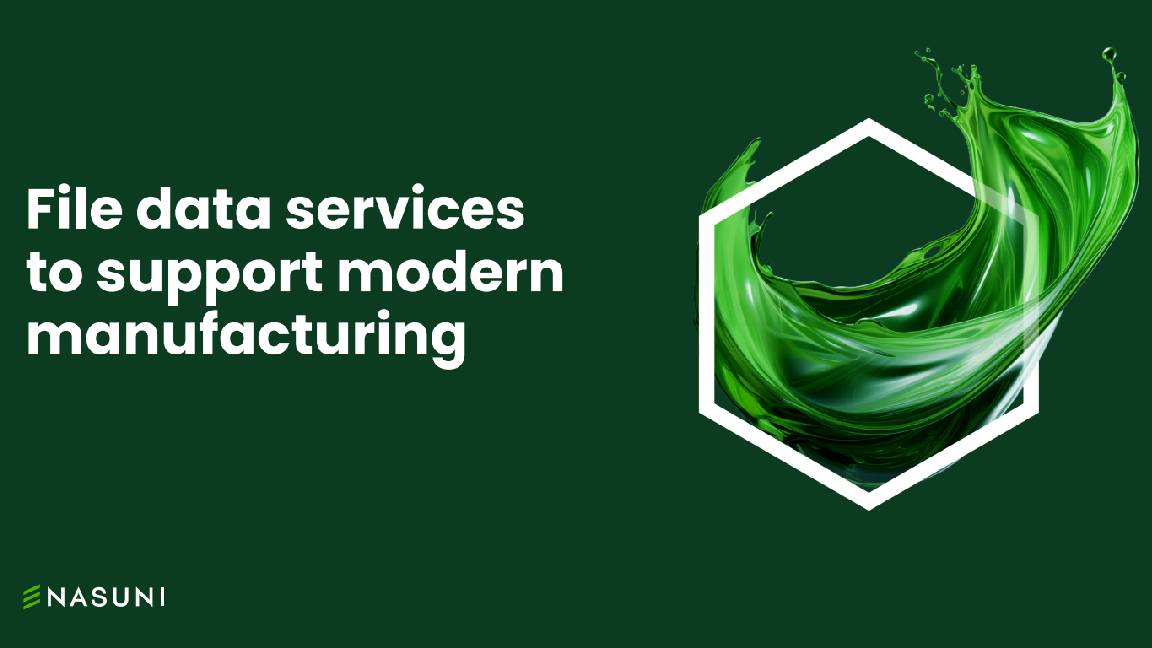 File data services to support modern manufacturing
File data services to support modern manufacturingwhitepaper Smart file data services deliver resilience and intelligence to the modern manufacturing organization
-
 Innovation in product development
Innovation in product developmentwhitepaper The latest data on how successful product development teams collaborate to build the future
-
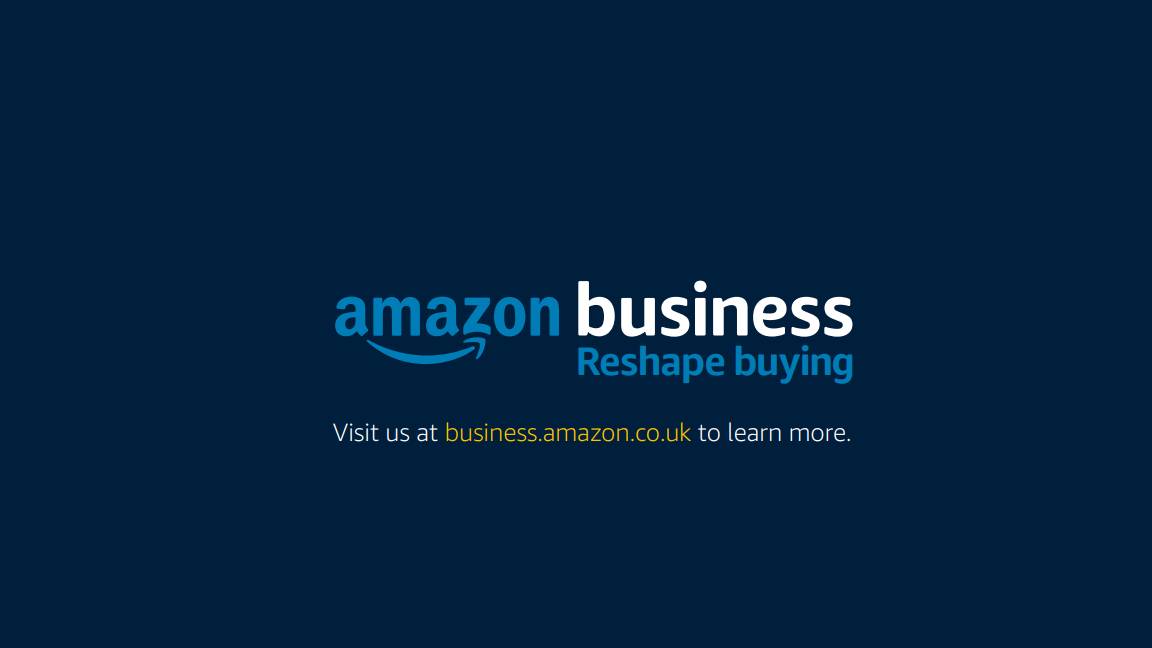 The small and medium business guide to buying
The small and medium business guide to buyingWhitepaper Optimising purchasing to save in 2024
